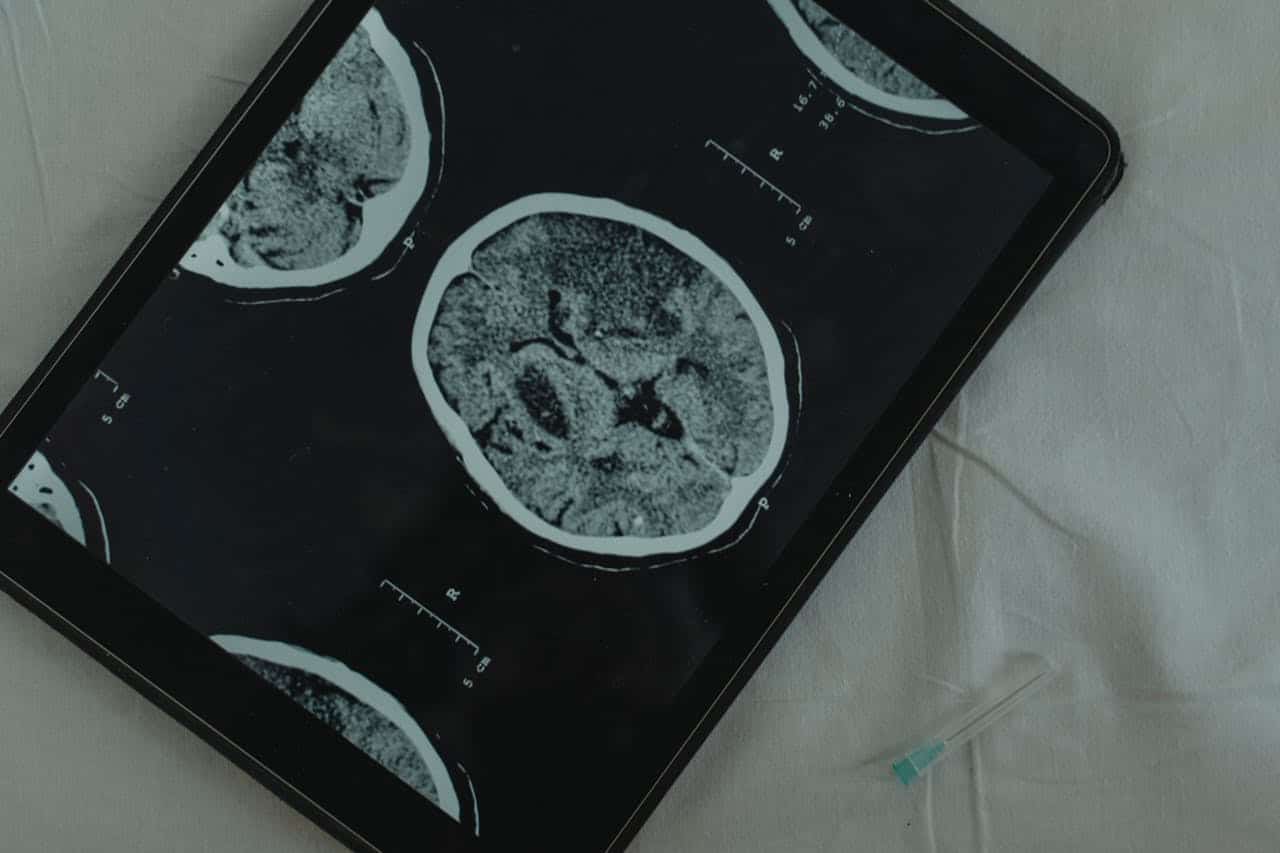Brain injuries can result from a multitude of reasons, such as car or pedestrian accidents, sports accidents, recreational activities, strokes, or other health-related situations. Depending on the severity of the injury, specific care, treatment, and rehabilitation may be required. If a brain injury is traumatic, an individual may be hospitalized. Many brain injuries are not visible, but they can have a devastating effect on an individual’s ability to live a healthy life.
June is designated as Brain Injury Awareness Month (BAIM) across Canada. Alberta joins the national chorus to raise awareness of the effects and prevalence of brain injuries and encourage support for those living with them.
Brain Injury Awareness for Albertans
Every year, approximately 5,000 Albertans suffer a head injury, and if their brain is affected, they may face significant challenges in living, working, and participating fully in their communities. As such, Brain Injury Awareness Month highlights prevention tips and highlights available support for people with an acquired brain injury.
The Government of Alberta offers a Brain Injury Survival Guide that provides basic information and support to survivors of acquired brain injury and their families.
Understanding Brain Injuries
The term “brain injury” describes a wide array of injuries that affect the head and skull and typically occur as a result of an impact on the head or body. Depending on the severity of a brain injury, it may be classified as a “traumatic brain injury” (also referred to as a TBI) and can result in swelling, bruising, or tissue injury.
Causes of Brain Injuries
Brain injuries may be caused by a variety of factors, including:
- Motor vehicle or pedestrian accidents
- Trip and falls or slip and falls
- Industrial or construction accidents
- Sports injuries
- Surgical and birth injuries
- Recreational accidents
- Assaults
- Strokes
- Aneurysms
Brain Injury Symptoms
Those suffering from a concussion or other traumatic brain injury may experience a variety of symptoms, including, but not limited to:
- Vertigo;
- Loss of balance;
- Loss of concentration;
- Sensitivity to light and sound;
- Ringing in the ears; and
- Headaches
- Short-term memory loss;
- Headaches;
- Changes in mood or personality;
- Changes in hearing, taste, or smell; and/or
- Fatigue.
The physical, cognitive, and psychological effects of a brain injury can vary greatly depending on the severity and location of the injury. Some individuals experience physical limitations like mobility issues or difficulty speaking, while others may face cognitive challenges, such as memory problems, impaired concentration, or difficulty processing information. There can also be emotional and behavioural changes, like anxiety, depression, or social withdrawal.
Types of Brain Injuries
No two brain injuries are the same, and regardless of whether a brain injury is the result of an accident or medical condition, there are various categories that a brain injury may fall into, such as:
Brain Contusions
A brain contusion is a term used to describe a bruise on the brain tissue, which occurs when small blood vessels in the brain break and leak. Brain contusions may be caused from a direct impact to the head.
Concussions
Concussions are known as a minor form of traumatic brain injury (TBI) that occurs due to sudden movement, shaking or an impact to the head. Concussions, although a relatively common form of brain injury, can be difficult to diagnose, which is why it is important to seek medical attention as soon as possible if you believe you may have sustained one.
Some individuals may experience post-concussion symptoms, which generally go away in time; however, some people may suffer from post-concussion syndrome, which can last for months or years.
Penetrating Injuries
If an object penetrates the skull and comes into contact with the brain, it can result in a penetrating injury. Penetrating injuries can be complex and can result in serious complications impacting multiple parts of the brain.
Second Impact Syndrome
Second Impact Syndrome is a condition in which a person suffers a second head injury before completely recovering from a previous head injury. This can be common among athletes who sustain a concussion and return to their sport before they have fully recovered. This type of recurrent TBI can severely alter the functioning and form of the brain.
Key Takeaways for Those Living With a Traumatic Brain Injury
Recovering from a brain injury can be a lengthy and slow process. However, there are supports and resources available to help individuals living with a brain injury. Suppose you or a loved one has sustained a traumatic brain injury as a result of another person’s negligence. In that case, it is important to seek legal advice from an experienced personal injury lawyer who can review the circumstances and help you determine whether you may have a claim for compensation.
Contact the Personal Injury Lawyers at Cuming & Gillespie LLP in Calgary for Advice on Traumatic Brain Injuries
If you or a family member have suffered a head injury or traumatic brain injury as a result of someone else’s negligence, it is imperative to seek trusted legal advice. At Cuming & Gillespie LLP, our skilled personal injury lawyers can review your case and advise you on whether you may have a claim for compensation. We will manage your claim and help you obtain the maximum compensation available so that you can focus on your health and recovery. Please call us at 403-571-0555 or reach out to us online to schedule a confidential consultation with a member of our personal injury team.

